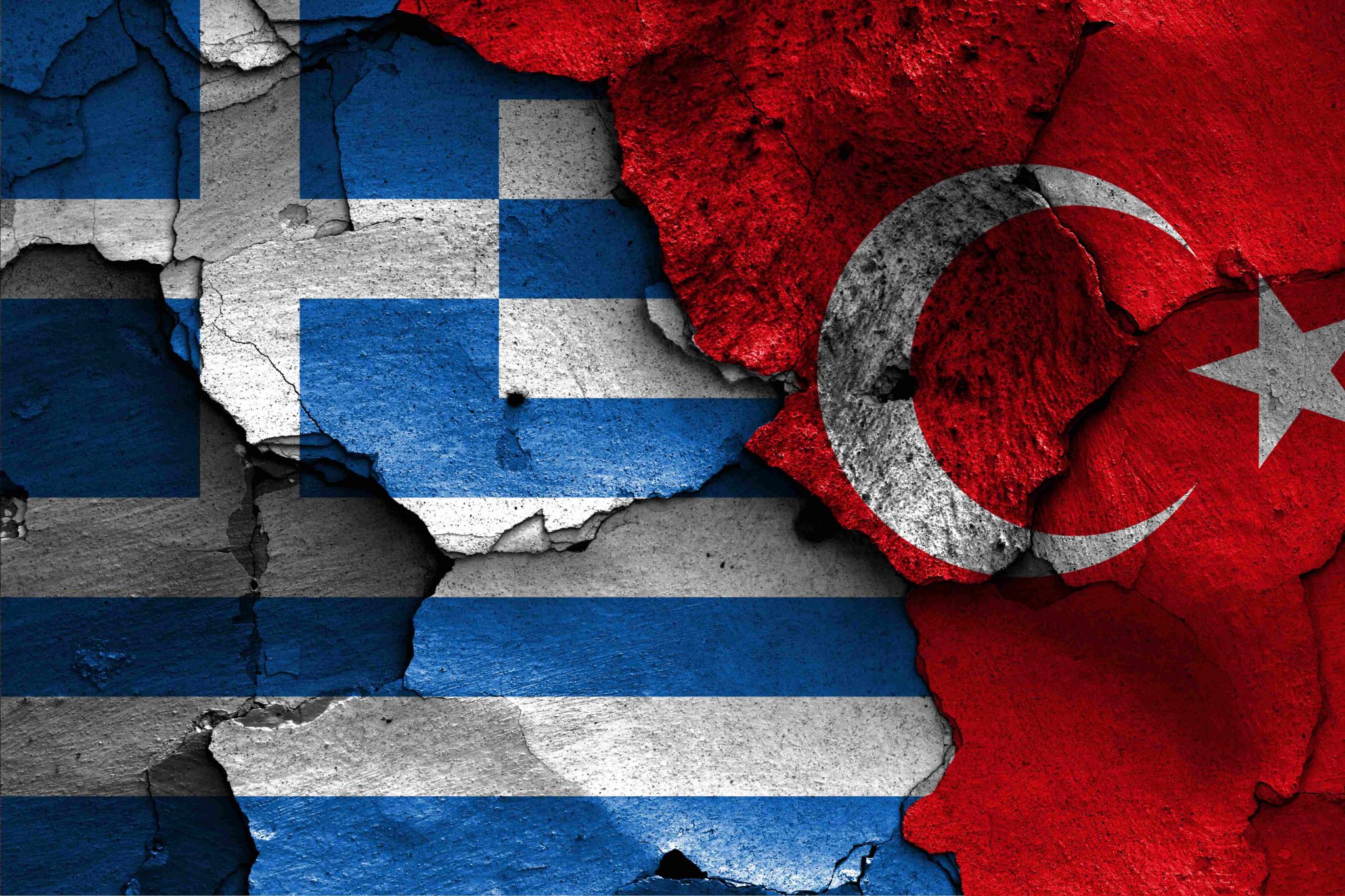Turkish Foreign Minister Hakan Fidan delivered strong remarks on Monday, criticizing Nicosia’s support for Israel during an interview on a Turkish TV channel. He warned that such support would not benefit Cyprus and Greece, cautioning, “The fire of the Middle East will come to you,” and also highlighting concerns about the Greek islands.
Already tense relations between Turkey, Greece and Cyprus have been strained even more, as Turkey has been an outspoken critic of Israel’s military operations in Gaza, while Greece and Cyprus have taken a more neutral stance on the conflict due to their trilateral agreements with Israel on findings of natural gas deposits in their respective Exclusive Economic Zones (EEZ).
Fidan specifically targeted Cyprus for its stance on Israel, as reported by Greek TV station correspondent Manolis Kostidis from Istanbul. Cyprus hosted a large number of IDF soldiers for a military drill in 2022, simulating a ground offensive deep inside Lebanon.
He further raised alarms over Lebanon’s involvement, citing threats to the ‘Greek Cypriot Administration of Southern Cyprus.’ This follows recent warnings from Hezbollah leader Hassan Nasrallah, who threatened Cyprus during a televised address, linking potential Israeli use of Cypriot airbases against the militant group based in southern Lebanon.
Fidan described Cyprus as an operational center for activities including intelligence gathering and military flights to Gaza following Israeli actions from October 7.
In addition, Hakan Fidan also mentioned the Greek islands, an ongoing tactic of Turkey in recent years, warning of potential targeting by Hezbollah. He stressed that involving these areas in Middle Eastern operations would not benefit the ‘Greek Cypriot Administration’ or Greece.
Fidan advised Greece to ‘stay away from these issues,’ emphasizing the risk of being drawn into regional conflicts and facing consequent repercussions. He concluded, “We share the same geography, so we are not immune. We urge all relevant parties to prevent any escalation in the region.”




